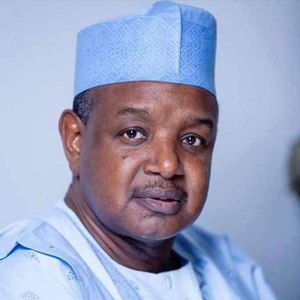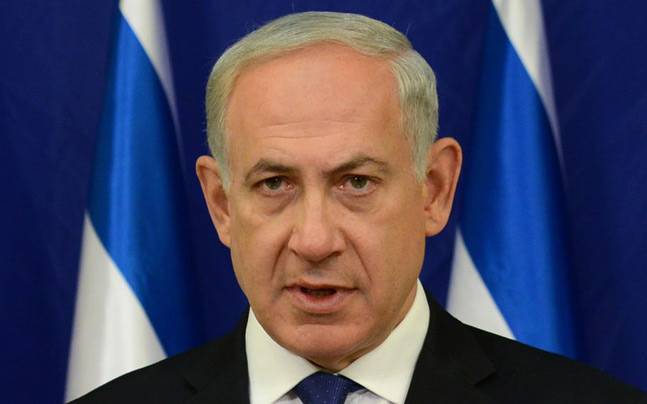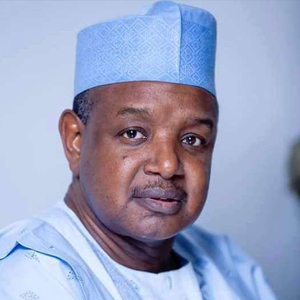By Daniel Edu
The Federal Government of Nigeria is set to allocate N7.76 trillion for salaries, recurrent costs, and other non-debt expenditures in 2023, based on data from the initial 2023 budget and a recently signed supplementary budget. The additional budget, totaling N2.18 trillion, includes provisions for a wage increase for workers following the removal of the fuel subsidy.
Minister of Budget and Economic Planning, Abubakar Bagudu, outlined key allocations, stating that N605 billion is designated for national defense, N300 billion for bridge repairs and road construction, and N210 billion for wage awards. The latter is a result of negotiations with the Nigeria Labour Congress, entailing a payment of N35,000 each to approximately 1.5 million federal government employees, covering September to December 2023.
The overall budget details show N1.01 trillion allocated for recurrent expenditure, N1.17 trillion for capital expenditure, and the supplementary budget raising total non-debt recurrent expenditure to N7.76 trillion and capital expenditure to N4.53 trillion. The entire budget, including debt servicing, is set to reach N19.81 trillion, while the budget, excluding debt servicing, totals N13.26 trillion.
Of the N7.76 trillion for recurrent expenditure, approximately N4.31 trillion (55.54%) will be allocated to salaries. In the first three months of 2023, the government spent N978.10 billion on salaries, N1.24 trillion on non-debt recurrent expenditure, and N175.45 billion on capital expenditure. Despite borrowing N2.30 trillion to finance the budget, the predicted fiscal deficit for the year is N9.01 trillion.
The government has expressed concern about rising expenditure costs amid falling revenues. The Accountant General of the Federation, Mrs. Oluwatoyin Madein, highlighted the challenges of dwindling revenue generation and emphasized the need for continuous efforts to increase revenue and meet the expectations of Nigerians. The revenue crisis is attributed to factors such as declining oil production and challenges in economic diversification.





